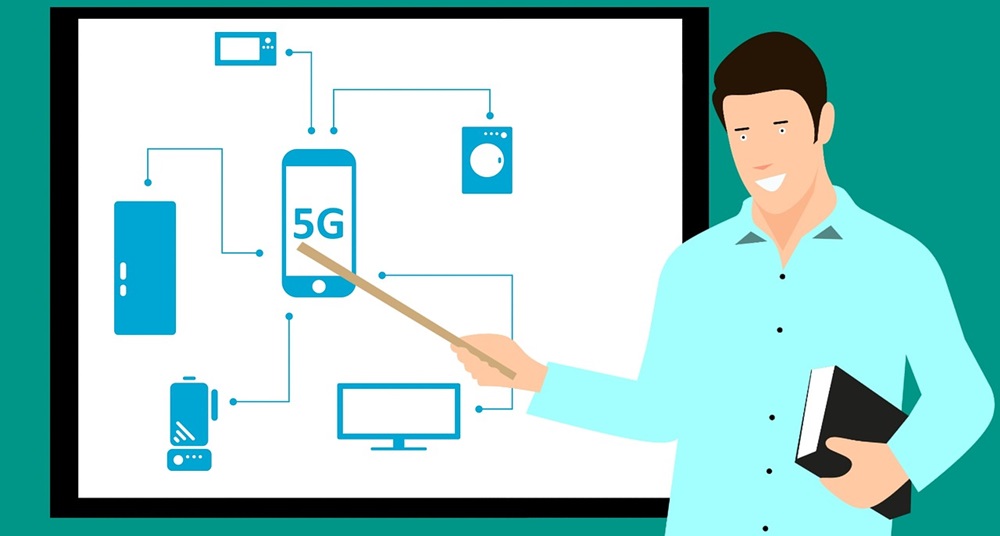
SK Telecom has plans to lead new ICT innovations in Korea. They will be accomplishing this by not only rolling out their 5G network, but by converging its 5G network with AI technologies.
“In the Fourth Industrial Revolution, 5G is expected to serve as the main artery that connects people and things and also things themselves, and AI will act as the brain that analyzes complicated data and seeks optimal solutions. Both 5G and AI will become the core competitiveness of SK Telecom,” said Park Jung-ho, CEO, SK Telecom.
Plans to launch the 5G services are scheduled for December 1st, 2019 in central areas of Seoul, Seoul Metropolitan Area and six metropolitan cities in Korea. The first 5G technology customer will be Myunghwa Industry. It is an auto parts company based in Banwol Industrial Complex in Ansan, which is in Gyeonggi-do, South Korea. This company will verify its product quality with SK Telecom’s 5G and AI.
SK Telecom has already launched the 5G services in the main areas of Korea. However, it will first be provided to an enterprise customer in the manufacturing sector.
“As the core infrastructure that will drive the Fourth Industrial Revolution, 5G and AI will trigger an era of hyperconnectivity and hyperconvergence. All things in the offline world will become connected at great speeds and precision, giving rise to new industries and values that go beyond our imaginations,” said Jung-ho.
SK Telecom will provide their “5G-AI Machine Vision", which will be applied to production lines of Myunghwa Industry to verify product quality by utilizing 5G and AI. High-resolution, multi-angle photos of products on conveyor belts will be sent to the cloud server via 5G mobile routers and the server’s high-performance AI will instantly scan the photos to check for defective products.
“Determined to provide the highest level of network security and stability at all times, SK Telecom will continue to work closely with companies across the globe to secure the best technologies,” said Jung-ho.
SK Telecom recognizes the importance of stability and security of the 5G network. The company has been focusing on developing related technologies. Through six years of development, the company has successfully developed the world’s smallest Quantum Random Number Generator (QRNG) chip in 2017.
Chrissie Cluney has been a correspondent for IoT Evolution World since 2015. She holds a degree in English with a concentration in writing from the College of Saint Elizabeth.Edited by
Ken Briodagh





